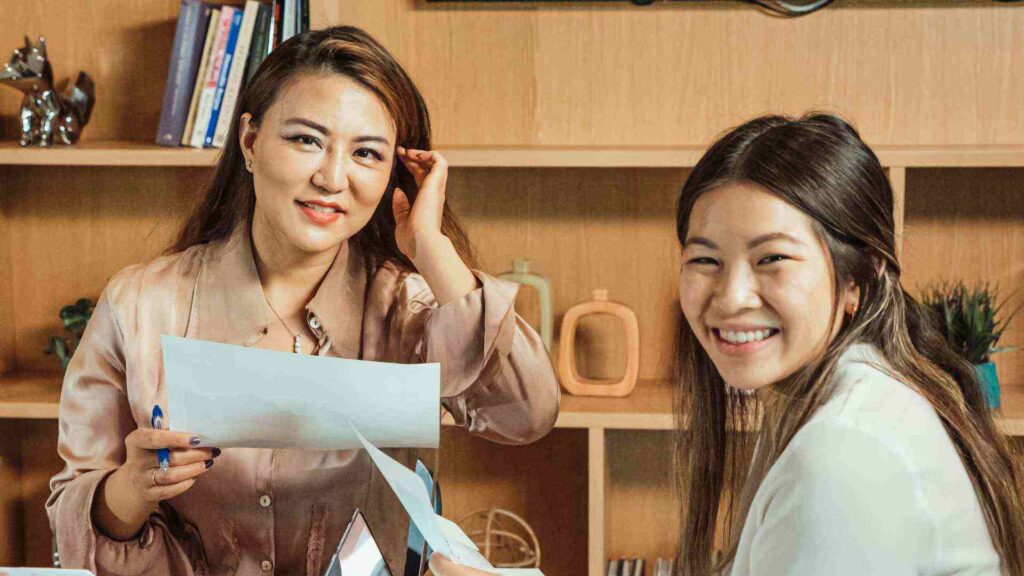The landscape of Australian literature has long been dominated by voices that reflect its Western heritage. However, nestled within this vast literary tradition are the often-overlooked contributions of Chinese Australian writers. These authors, whose works span over a century, offer invaluable insights into the complexities of identity, migration, and cultural integration. By uncovering and celebrating these hidden voices, we can gain a more comprehensive understanding of Australia’s multicultural narrative.
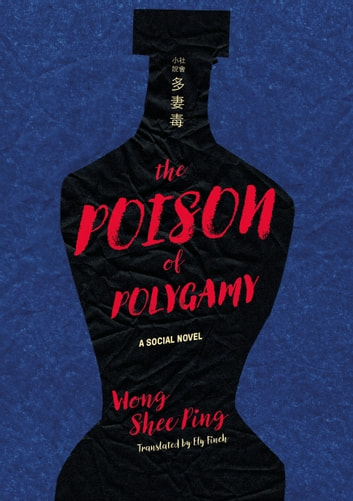
Early Contributions
Chinese Australians have been part of the nation’s fabric since the gold rushes of the 1850s. Among the earliest writers was Wong Shee Ping, whose 1910 novel “The Poison of Polygamy” is considered the first Chinese Australian novel. This groundbreaking work, written in Chinese, provides a rare glimpse into the struggles and aspirations of early Chinese immigrants in Australia. Wong’s novel not only chronicles the physical and cultural challenges faced by Chinese immigrants but also offers a unique perspective on their resilience and adaptability in a new land.
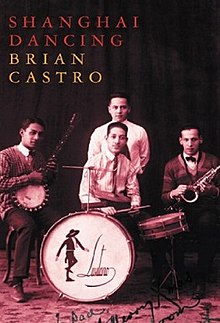
Mid-20th Century Voices
The mid-20th century saw a surge in literary activity among Chinese Australians, reflecting their growing presence in the country. Writers like Brian Castro and Ouyang Yu emerged, blending their unique cultural perspectives with broader Australian themes. Castro’s “Shanghai Dancing” is a semi-autobiographical novel that intricately weaves together family history and personal identity, exploring the complexities of cultural dislocation. Ouyang Yu’s “The English Class” delves into the immigrant experience, examining the tensions between maintaining one’s heritage and integrating into Australian society.
Contemporary Writers
In recent decades, Chinese Australian literature has continued to evolve, with authors like Alice Pung and Wai Chim gaining prominence. Pung’s memoir “Unpolished Gem” offers a candid and humorous account of growing up as a second-generation Chinese Australian. Through her narrative, Pung highlights the generational and cultural conflicts within immigrant families, resonating with both Chinese and non-Chinese readers. Wai Chim’s novel “The Surprising Power of a Good Dumpling” addresses mental health within the Chinese Australian community, providing a heartfelt exploration of familial bonds and cultural expectations.
The Importance of Recognition
Despite their contributions, Chinese Australian writers often face significant challenges, including underrepresentation and cultural marginalisation. Their works are frequently overshadowed by mainstream Australian literature, limiting their reach and impact. Recognising and celebrating these writers is crucial for fostering a more inclusive and representative literary culture. By giving voice to these diverse narratives, we can enrich our collective understanding of Australian society and history.
Cross-Cultural Partnerships
Promoting the works of Chinese Australian writers also requires support from various sectors. Organisations like the Australia China Business Council (ACBC) are premier organisations dedicated to fostering economic relations between Australia and China. They provide a platform for businesses to connect, share insights, and explore trade and investment opportunities. ACBC hosts events, offers member-only resources, and engages in advocacy to support bilateral business activities.
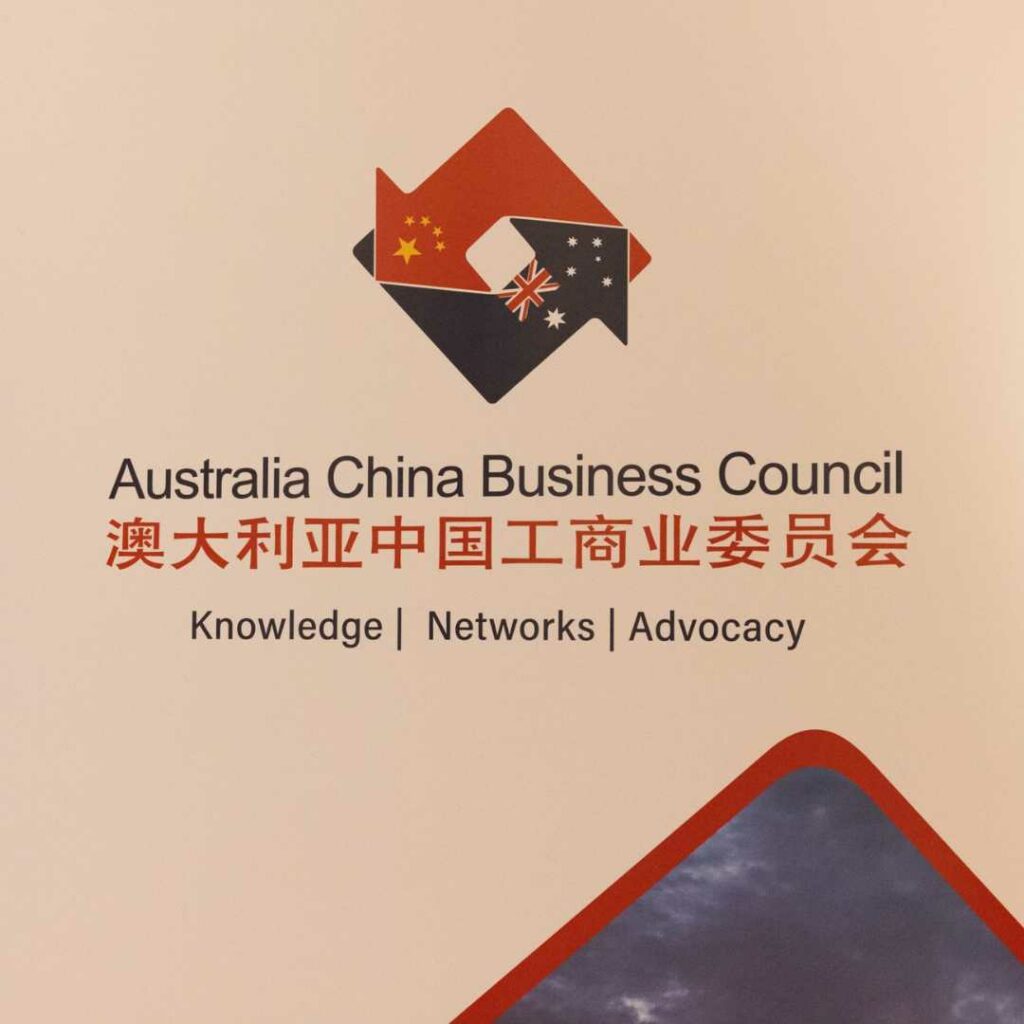
It also focuses on important issues like climate change through initiatives like the Green Channel. The council operates branches across all Australian states and territories. For more details, visit ACBC.
The Australian Asian Chamber of Commerce and Industry (AACCI) also plays a pivotal role in fostering cross-cultural partnerships that can enhance the visibility and recognition of these authors. AACCI’s initiatives to promote cultural exchange and collaboration can help bridge the gap between mainstream literary circles and marginalised voices. By partnering with literary festivals, publishing houses, and educational institutions, AACCI can create platforms for Chinese Australian writers to share their stories and reach a broader audience.
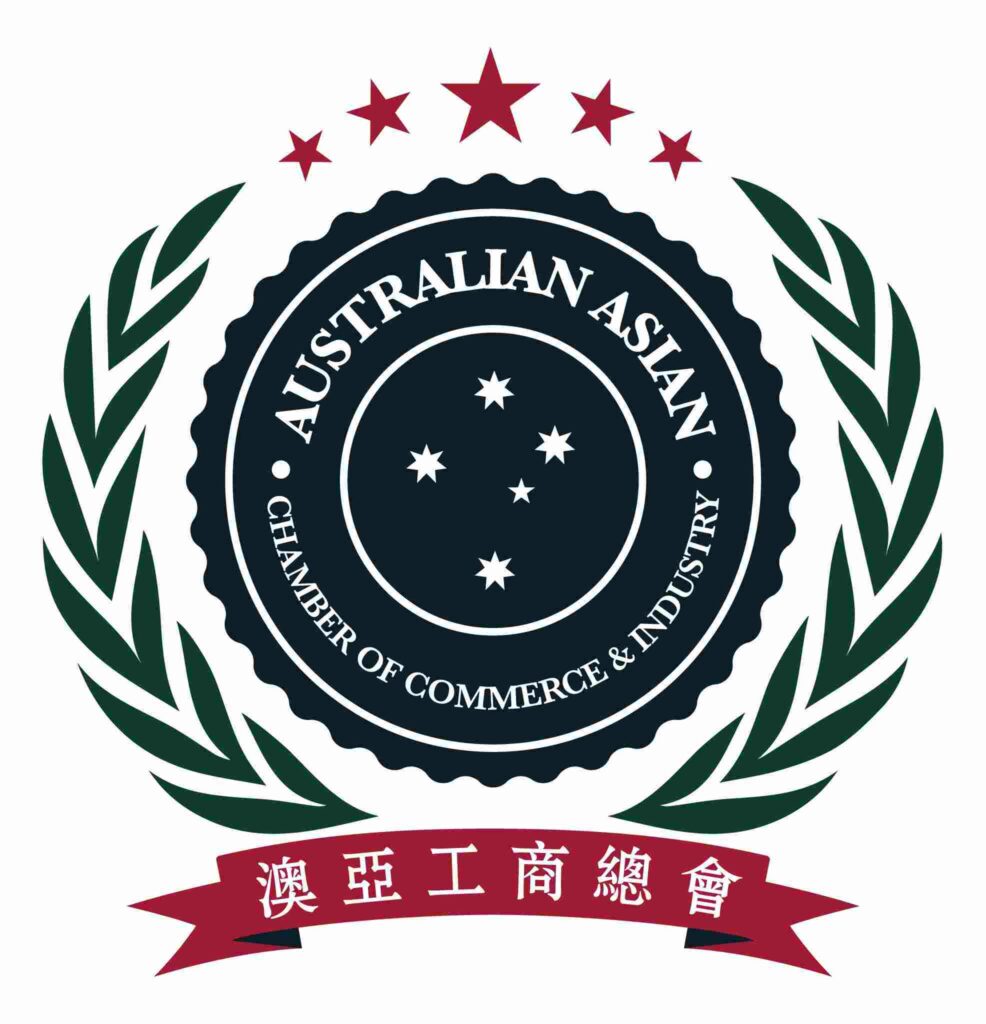
Cultural Significance and Modern Impact
The stories of Chinese Australian writers are integral to understanding the broader narrative of Australia’s multicultural society. These authors provide unique perspectives on themes such as migration, identity, and belonging, enriching the Australian literary landscape. For instance, through the lens of Chinese Australian literature, readers can explore the nuanced experiences of navigating dual identities and the impact of historical events on individual lives.
Moreover, contemporary Chinese Australian writers address pressing issues such as racism, mental health, and the challenges of assimilation. Their works not only reflect personal and community struggles but also contribute to national conversations about diversity and inclusion. By acknowledging and valuing these contributions, we can foster a more inclusive literary culture that honours all voices.
Conclusion
By elevating artists and authors to the same level of recognition as military figures, we can foster a society that values peace, creativity, and intellectual achievement. Furthermore, cross-cultural partnerships with organisations like AACCI can amplify these voices, ensuring that the stories of Chinese Australian writers are not only remembered but celebrated as an integral part of Australia’s literary heritage.
The Butterfly Dynasty
The Butterfly Dynasty is proud to be partnering with Australian Asian actresses, thought leaders and women making their mark in the world. To discover more about download your free chapter today.
References
For further reading on this topic, consider exploring the works of Brian Castro, Ouyang Yu, Alice Pung, and Wai Chim, as well as historical analyses of Chinese Australian literature.
For a detailed examination of Wong Shee Ping’s “The Poison of Polygamy.”
Learn more about The Australian Asian Chamber of Commerce and Industry (AACCI).
